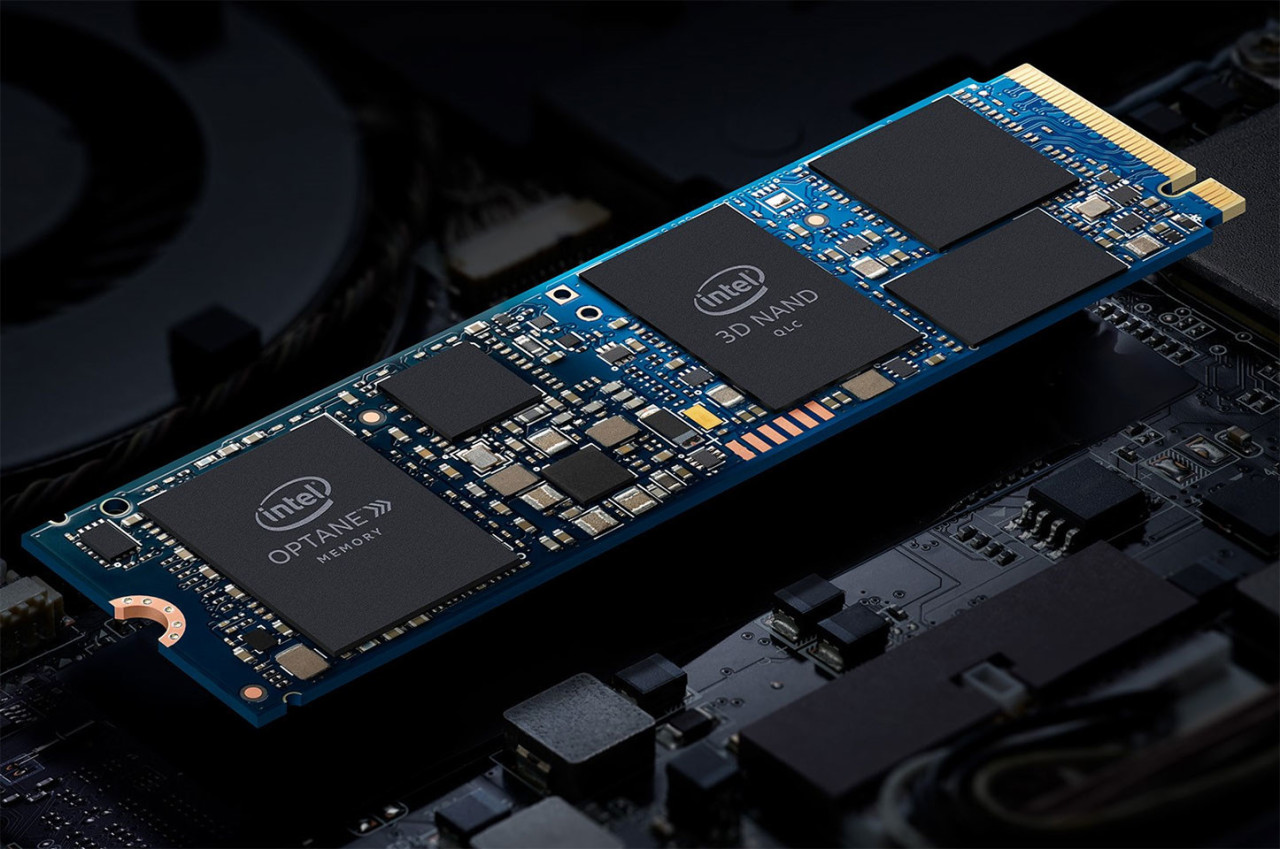Market Now
SK hynix completes 1st phase of Intel deal, but China biz remains thorny issue
 |
Intel’s SSD (Intel) |
South Korean memory chipmaker SK hynix said Dec. 30 it paid Intel an initial $7 billion tranche, completing the first phase to acquire the US tech giant’s NAND and SSD business.
By absorbing Intel’s NAND and SSD business, SK hynix will rise as the No. 2 player in the global NAND market from its current fifth place. In the SSD segment, where Intel controls 29.6 percent, SK hynix can surpass Samsung Electronics with a combined market share of nearly 37 percent.
NAND flash memory chip is a semiconductor that stores data permanently. It’s a crucial component that goes inside a solid-state drive, or SSD. Intel commands 5.9 percent and 29.6 percent of global NAND and SSD markets, respectively.
Industry sources say that Intel transferring its NAND and SSD business to SK came at a perfect time.
By selling its NAND and SSD business -- which includes a NAND flash memory chip factory in Dalian, China -- to SK hynix, Intel may look for a way to benefit from a $52 billion semiconductor production bill. The bill, currently under consideration by the US Congress, is to support chipmakers building fabs on US soil.
Intel also appears to have found an exit from China where it suffered from increasingly sour relations.
On Dec. 21, Intel issued a boycott of products from Xinjiang, where Uyghur minorities reportedly suffer state-sponsored forced labor and human rights abuses. The boycott would put its Dalian factory at jeopardy, according to industry watchers.
On the flip side, SK hynix, for taking over Intel’s Dalian facility, could potentially face complications amid heightening tensions between Washington and Beijing, sources say.
SK hynix’s acquisition of Intel’s NAND and SSD business is stoking concerns, as Chinese authorities attached several controversial conditions when it approved the deal.
When Chinese authorities gave it the green light last week, they asked SK hynix to “help a third party break into” the computer and server SSD market, a request the Korean company accepted.
Under the clause, SK hynix will have to cooperate with Chinese authorities and help the “third party” -- which most assume indicates a Chinese company -- make a foray into the SSD market. Such move by SK hynix might go against the US’ interests, which views China’s growing presence in the chip market as a threat. The US previously blocked SK hynix from importing EUV, a key chip manufacturing equipment, into China over national security concerns.
SK hynix explained that the expression “help” doesn’t mean that the company will support a third party’s growth directly, but that it would treat it equal to existing clients in case of a chip demand surge.
Despite concerns from the market, SK hynix will pay Intel the remaining payment of $2 billion and finalize the second phase in or after March 2025, which will complete the entire deal.
By Kim Byung-wook (kbw@heraldcorp.com)





![[Exclusive] Hyundai Mobis eyes closer ties with BYD](http://res.heraldm.com/phpwas/restmb_idxmake.php?idx=151&simg=/content/image/2024/11/25/20241125050044_0.jpg)


